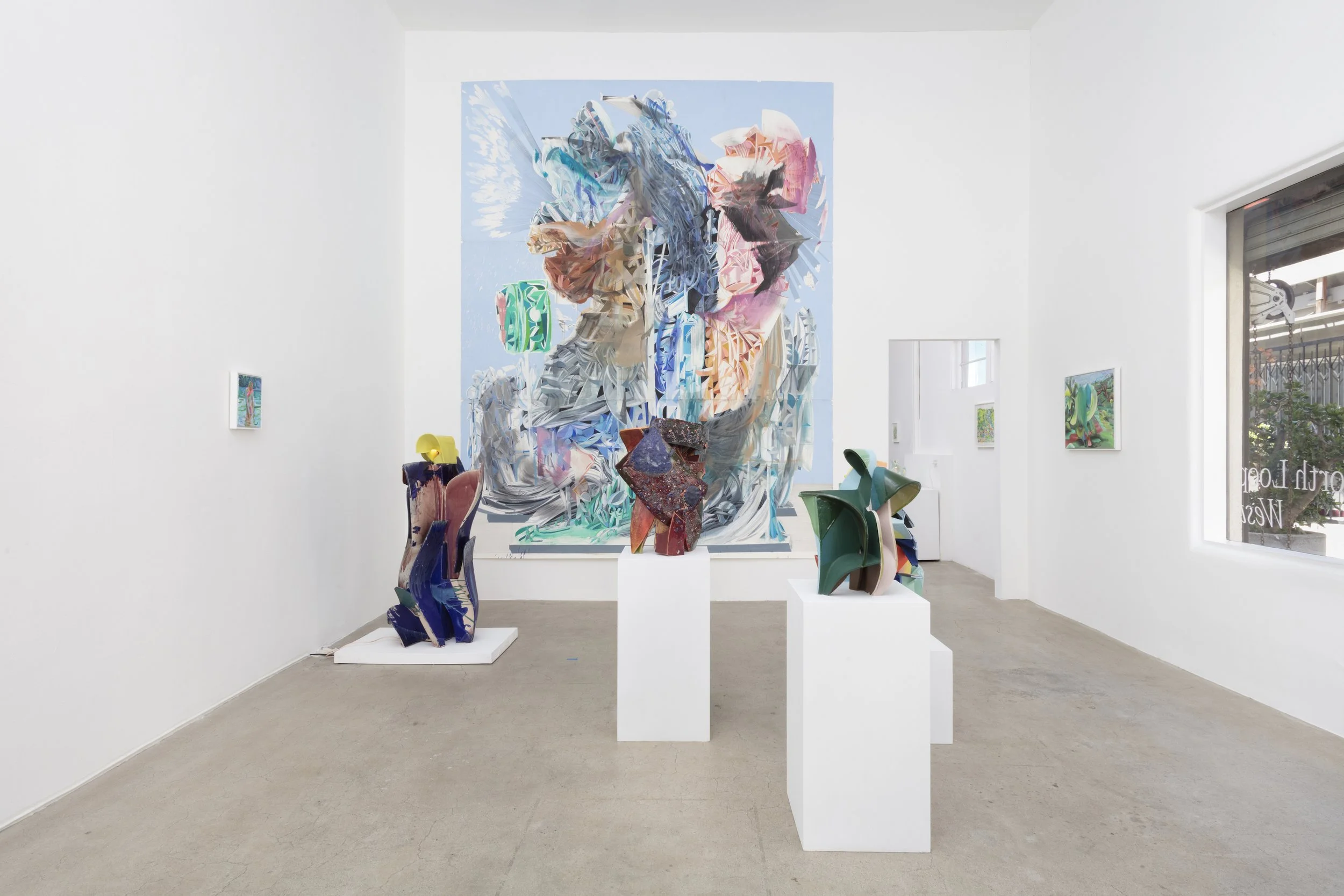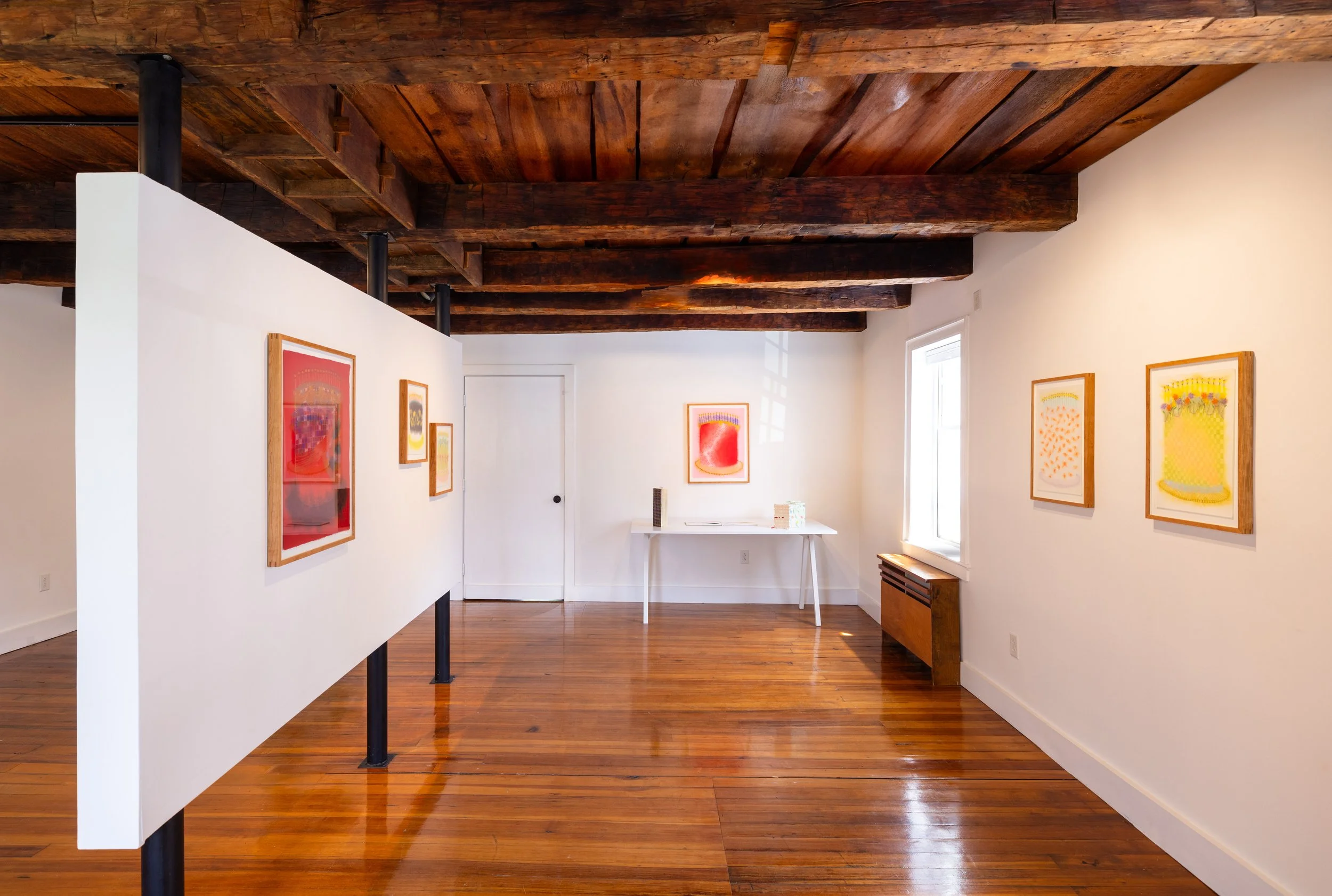
North Loop West is the LA-based outgrowth of a seasonal gallery project based in Williamstown, Mass. The gallery program fosters conversation between artists working in the LA area and those in the Northeast, and highlights close collaboration with artists to encourage experimentation. While the gallery’s primary location is now in Los Angeles, North Loop West will continue to host occasional programs in Williamstown, Mass.
Exhibitions
-
![]()
Touching Grass
Los Angeles, 2025-26
-
![]()
Trampoline: Annie Bielski
Los Angeles, 2025
-
![]()
Eyes, Mouth, Wings: Hank Ehrenfried & Marty Williams
Los Angeles, 2025
-
![]()
Obsessed with forgetting what it is: Carly Sheehan & Rebecca Shippee
Los Angeles, 2025
-
![]()
Earshot: Abby Flanagan
Williamstown, 2025
-
![]()
Ways of Knowing: Ash Ferlito and Sareh Imani
Williamstown, 2025
-
Andrew Holmquist: Interpenetrate
Los Angeles, 2025
-
![An image of Perpetual Seam]()
Perpetual Seam
Williamstown, 2024
-
![]()
Playdate: SR Lejeune and Lucas Yasunaga
Williamstown, 2024
-
![]()
Belongings
Williamstown, 2024
-
![]()
Edwin Arzeta
Williamstown, 2024
-
![]()
Haleigh Collins & SR Lejeune
Williamstown, 2024
-
![An image of Pepper Tree.]()
Pepper Tree
Los Angeles, 2024
-
![]()
Pallavi Sen
Williamstown, 2023
-
![]()
Abby Flanagan & Mariko Makino: Light Trail
Williamstown, 2023
-
![]()
At Finger's End
Williamstown, 2023
-
![]()
Beverly Acha, Annie Bielski, Odessa Straub
Williamstown, 2023
-
![]()
NADA Foreland
Williamstown, 2023
-
![]()
Patterning
Williamstown, 2023
-
![]()
Films by Sky Hopinka
Williamstown, 2022
-
![]()
Keeping Things Whole
Williamstown, 2022





















